|
Diwali is India’s biggest and most important festival of the year, but the Dalit children we support often don’t get to take part in these national celebrations as a result of ingrained discrimination. Read how our partners go the extra mile to ensure the children at our Learning Centres can celebrate safely, with special activities and events that they can enjoy together. Diwali is one of the major religious festivals in Hinduism, Jainism, and Sikhism, lasting for five days in late October and November. Every region in India has distinctive traditions for commemorating this festival, but whatever the customs, there is agreement that Diwali represents the triumph of good over evil, light over darkness and wisdom over ignorance. During the celebrations, homes are decorated, and floors inside and out are covered with rangoli - elaborate designs made of coloured rice, sand, or flower petals. But for the Dalit children we support at our 35 Learning Centres in India, these celebrations often highlight the exclusion they face on a daily basis and they can be left out of the festivities. Culturally ingrained caste discrimination in India traps Dalit communities in a cycle of poverty and exclusion. Children on the Edge supports a brilliant local organisation, NESWSD, based in Patna, Bihar state, who run 35 Learning Centres, which offer supplementary education for over 1000 Dalit children who cannot access mainstream education. The Learning Centres provide a safe, colourful space for them to learn, play and develop their confidence, with the aim of supporting them to to understand their worth, to re-enter mainstream education, and to realise their full potential. A huge array of celebrations are arranged for all the children throughout the year at our centres, including Diwali. These are designed to improve the confidence and self worth of the children, who are often excluded from these celebrations in wider society and can face disappointment and humiliation instead. During Holi - which is celebrated all over the country by people throwing colours on each other and sharing happiness - ‘lower caste’ children are not always welcome to join in the festivities and sadly, often have rubbish or dirty water thrown at them, instead of colours. But at our learning centres, these children have a safe place to enjoy national celebrations with dance, songs, skits, poems and games. They give the children a chance to enrich their learning, to shine in front of their families and communities and to understand that they have infinitely more worth than the label that society has forced on them. This year, Diwali celebrations included creating rangoli designs with coloured powders and candles in clay pots, and enjoying the twinkling creations once they were alight.
Support usComments are closed.
|
RECEIVE OUR EMAILSBlog Categories
All
Archives
July 2024
|
|
JOIN US ON SOCIAL MEDIA
|
Annual Report | Contact Us | Jobs | Media Centre | Resources | Shop
Accessibility & Policies: Accessibility | Equity, Diversity & Inclusion Policy | Complaints| Privacy Policy | Safeguarding
Accessibility & Policies: Accessibility | Equity, Diversity & Inclusion Policy | Complaints| Privacy Policy | Safeguarding
Children on the Edge, 5 The Victoria, 25 St Pancras, Chichester, West Sussex, PO19 7LT, UK | 01243 538530 | [email protected]


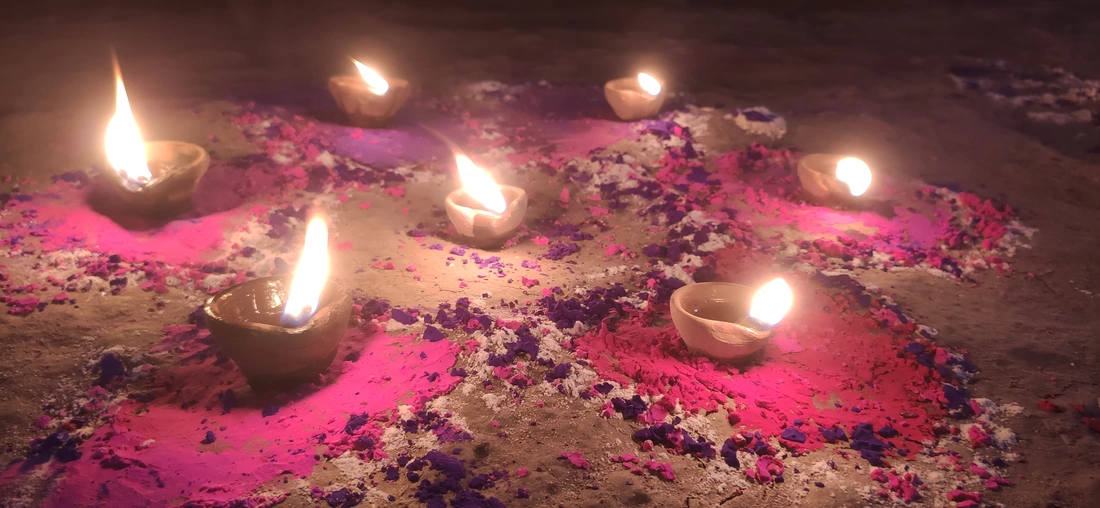
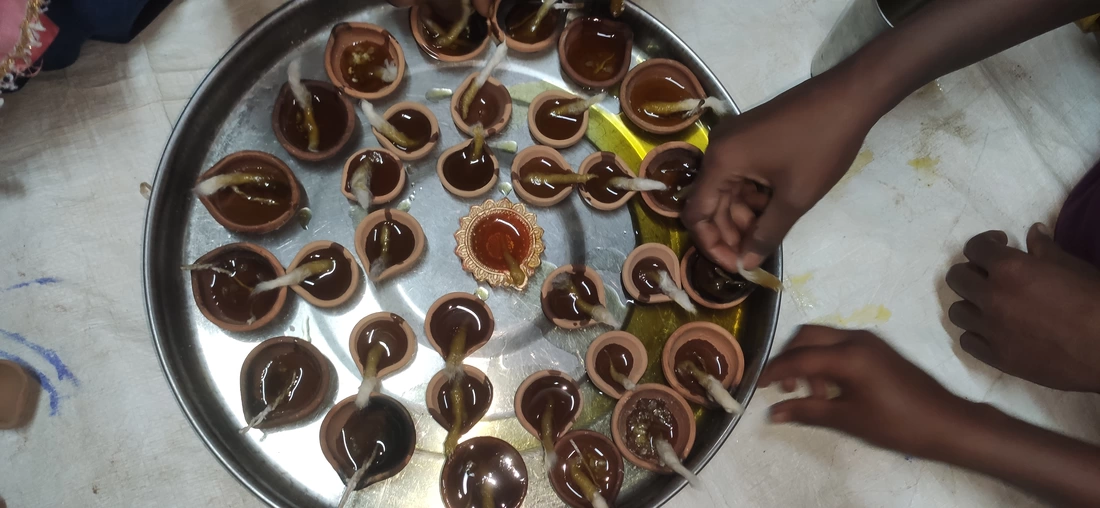
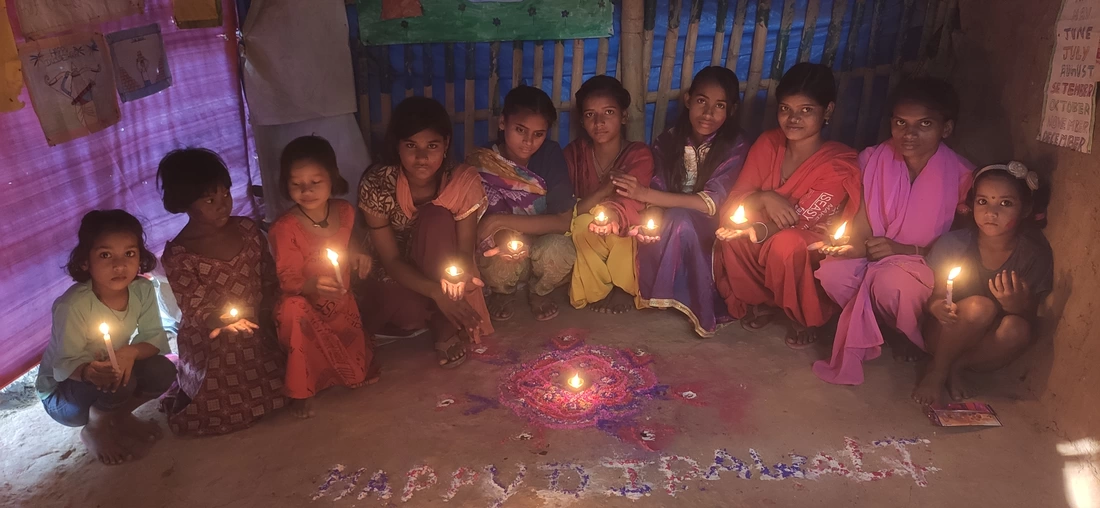
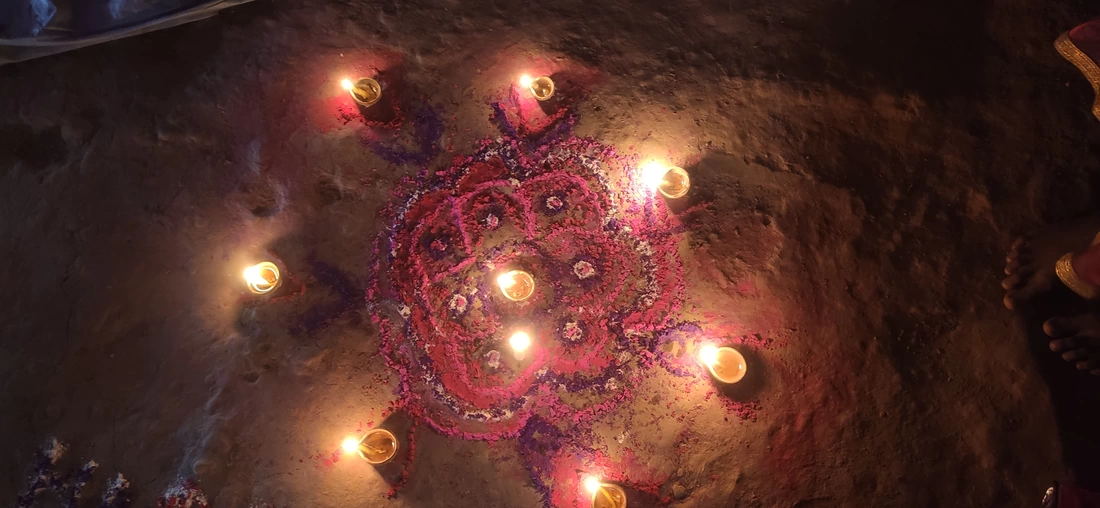
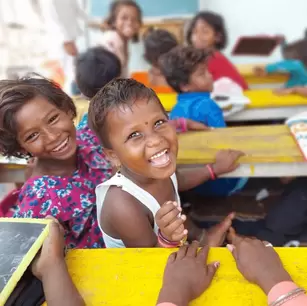
 Give monthly
Give monthly Fundraise for us
Fundraise for us RSS Feed
RSS Feed
